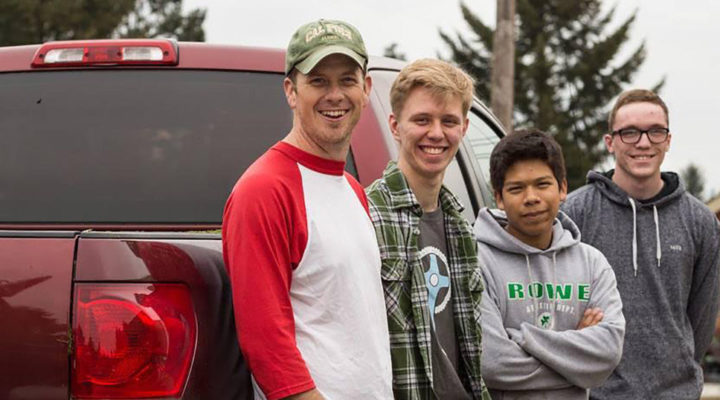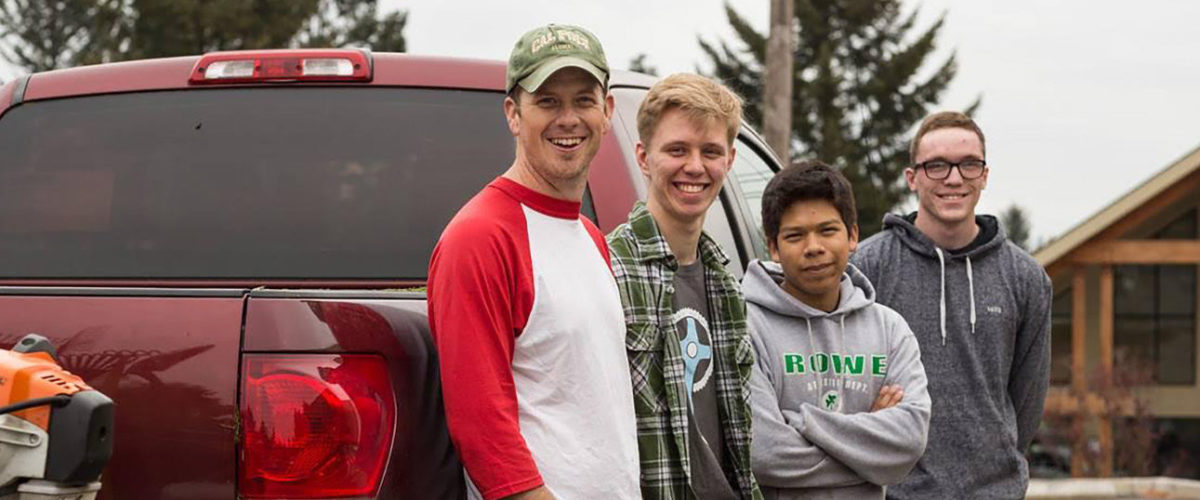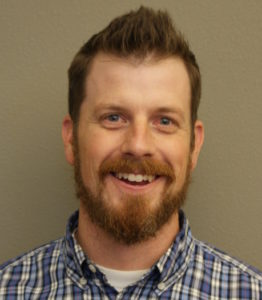Frustration transformed into innovation for a Washington State youth minister tired of losing young people to other activities and smartphones.
His solution: pay them.
It all started for Matt Overton with a growing trend of absenteeism in his youth group at Columbia Presbyterian Church in Vancouver, Wash., over the past several years.
Sometimes the students were physically absent from youth events, drawn to other activities or living too far away to make Sunday or Wednesday night gatherings.
Many of those students in attendance were so engrossed in smartphones that, mentally, they weren’t really there, either.
“My kids were busier and busier and more geographically separated, so I was competing for their time,” Overton said during a FaithSoaring Churches conference call with other ministers. “And with the rise of electronics, they were in the room but engaged elsewhere— kids just socialize differently.”
For a while, Overton just scratched his head.
“I got frustrated,” he said.
The disturbing part of it wasn’t necessarily that the kids were missing designated youth events, but that they were being deprived of fellowship and of the spiritual guidance of adults.
That’s when Overton found the solution: money.
“I decided to pay them to compete with soccer and robotics tournaments,” he said.
So he launched Mowtown Teen Lawn Care in 2015.
The company is part of Columbia Teen Enterprises, a youth and employment ministry co-founded by Overton and church members.
While competing for students’ time, the venture also seeks to foster relationships between youth and adults and between life and faith, Overton said.
After all, he said, “it’s not happening on Wednesday and Sunday nights.”
What is happening is much more than a “mow lawns for Jesus” approach to ministry.
Another part of the enterprise is Columbia Future Forge, a ministry also headed by Overton that provides individualized mentoring for the 12 youth who work for Mowtown.
Topics covered include professionalism, which offers guidance on how to function well as adults in the world.
Goal-setting training guides the youth through objective setting and when to set those goals aside for the sake of serving others.
Money and stewardship are other topics mentors cover with the youth.
Half of the youth employees are church members, and the rest are not. Mowtown employees also come from divergent income levels.
“Part of our mission is socio-economic reconciliation,” he said, adding that earnings are crucial to some of the families.
But working together as a team has helped the youth bond across the economic differences that often alienate youth group members from each other.
“Work is a better vehicle than youth ministry” in breaching those gaps, he said.

Matt Overton, center, and employees of Motown Teen Lawn Care, take a break from work. Overton is the youth minister of Columbia Presbyterian Church and is the owner of the lawn care company. (Photo/Adam Guggenheim/Faith & Leadership)
The job ministries have had another unexpected benefit.
“It’s mobilized adults, too, which is really cool,” Overton said.
That’s occurred as older members of the congregation stepped forward to mentor the youth. That ministry enabled the adults to use their life experiences and professional training for the kingdom, Overton said.
Customers also are benefitting as they interact with the Mowtown crews, he said.
“Some know they are not just getting their lawns mowed, that something bigger is going on,” Overton said.



